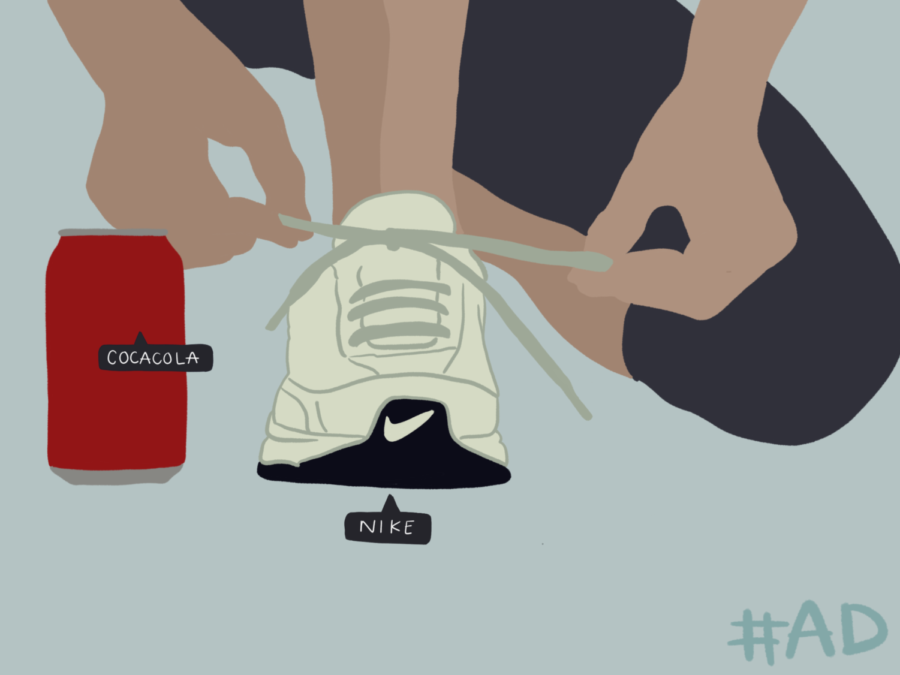How college athletes can finally profit off of their name
Due to a decision by the U.S. Supreme Court, collegiate athletes are now able to profit off of their name, image and likeness.
Up until this past summer, all college athletes were prohibited from receiving financial compensation for their success on the field. Even the most popular and publicized college athletes who would later play professionally were unable to profit off of their names. That all changed this past June, when the U.S. Supreme Court ruled unanimously to give college athletes name, image and likeness rights, giving them the right to receive sponsorships and brand deals.
The NCAA had restricted athletes from receiving NIL rights in order to preserve “amateurism,” limiting the athletes’ compensation to their school’s tuition and an education. Even though the NCAA makes billions of dollars through college athletics, and big name coaches like Nick Saban make millions of dollars a year, the athletes that put their bodies on the line were blocked from receiving any of it.
There is no telling how much money celebrity college athletes of the past like Johnny Manziel and Tim Tebow could have made if they could have received sponsorships during their collegiate careers.
The largest sponsor of college athletes since the rule change has been Barstool Sports, the popular sports media company. They launched the “Barstool Athlete” program, giving their athletes several branded articles of clothing and increased publicity on Barstool pages in exchange for promotion.
Over 7,000 college athletes across the U.S. have signed with Barstool Sports, including 10 Tulanians. While the sponsorship deal is less lucrative than others, it is much easier to partner with Barstool Sports, and they provide their athletes with many opportunities for exposure and to expand their social media following.
Some of the biggest names in college sports have already cashed in on these new NIL opportunities. University of Oregon’s linebacker Kayvon Thibodeaux signed a lucrative six-figure memorabilia deal with Nike, releasing a nonfungible token of himself as well. University of North Carolina Chapel Hill’s and Clemson’s quarterbacks, Sam Howell and D.J. Uiagalelei, signed an endorsement deal with popular southern food chain, Bojangles.
One notable NIL deal was with University of Oklahoma’s quarterback, Spencer Rattler. He signed with the popular fast-food chain Raising Cane’s, as well as the celebrity video-messaging site Cameo. Rattler was one of the biggest names heading into the 2021 college football season, expected to be a Heisman front runner and to be in contention for the top draft pick in the 2022 NFL Draft. However, his time on the field has been so disappointing that he lost his starting job to freshman Caleb Williams.
Despite his disappointing season so far, Rattler remains a marketable figure in the world of college sports. He has retained all of his sponsorships, and still has a large social media following with nearly 400,000 Instagram followers. Even if he continues to struggle this season and transfers to another school next year, he will likely remain a popular figure based on his reputation as the quarterback of a top-tier football program.
Your donation will support the student journalists of Tulane University. Your contribution will allow us to purchase equipment and cover our annual website hosting costs.



